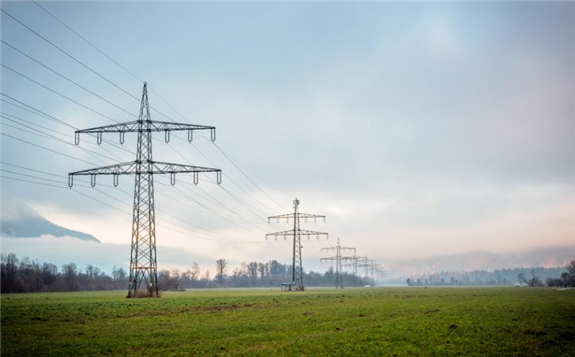Austrian Power Grid (APG) becomes the fourth member of the blockchain energy balancing platform EQUIGY. The Austrian transmission grid operator is joining Swissgrid, TenneT in Germany and the Netherlands and Terna in Italy. The joint initiative aims to address the imbalance between supply and demand of renewable energy sources.

The process of economies moving away from fossil-based energy sources towards renewable ones is referred to as energy transition. One challenge of the transition is the volatility in energy supply such as wind and solar. Renewable sources may not be able to provide sufficient capacity when demand spikes. As a result, power grids have to spend a lot of money to maintain a balance between supply and demand.
In Austria, renewable energy sources are particularly weather-dependent. With ever increasing energy consumption, the energy system needs a solution that enables members in the market to efficiently trade according to their needs if it is to be successful at completing its goal of providing 100% of energy supply from renewable sources by 2030.
EQUIGY’s solution enables small and large participants in the renewable energy market to produce and store energy and the aggregated energy is used to stabilize power grids. The platform uses batteries, electric vehicles and blockchain to balance electricity grids, facilitating the participation of the average household and commercial providers in the energy trading market.
Excess supply of energy can be stored in batteries and released later when renewable sources do not meet demand. Blockchain is used to track the transactions when a household or business releases electricity to the grid.
APG had already launched a platform in 2019 that enabled the participation of small-scale consumers such as households in the energy trading market. APG hopes to further develop the platform and collaborate with the other transmission grid operators to expand the technology and its outreach.
One particular distinction of the initiative is that it aims to do so at a national and European level. In 2020, APG had to intervene on the grid almost daily and take several redispatch measures, which ended up costing around € 134 million. By joining EQUIGY, international participants are capable of interacting in renewable energy trading in Austria which facilitates reaching an equilibrium between supply and demand and makes the whole system more flexible and stable.
Meanwhile, other solutions to address the instability of power grids due to energy transition are on the rise. German energy storage systems provider sonnen Group is working with the Energy Web Foundation to store wind energy in batteries. Also in Germany, the Pebbles Research Project is developing blockchain solutions for electricity consumers to optimize their renewable consumption according to preferences and willingness to pay. On the other sideof the globe, Australian Power Ledger has trialed peer-to-peer energy trading in India and Japan.
This article is reproduced at www.ledgerinsights.com